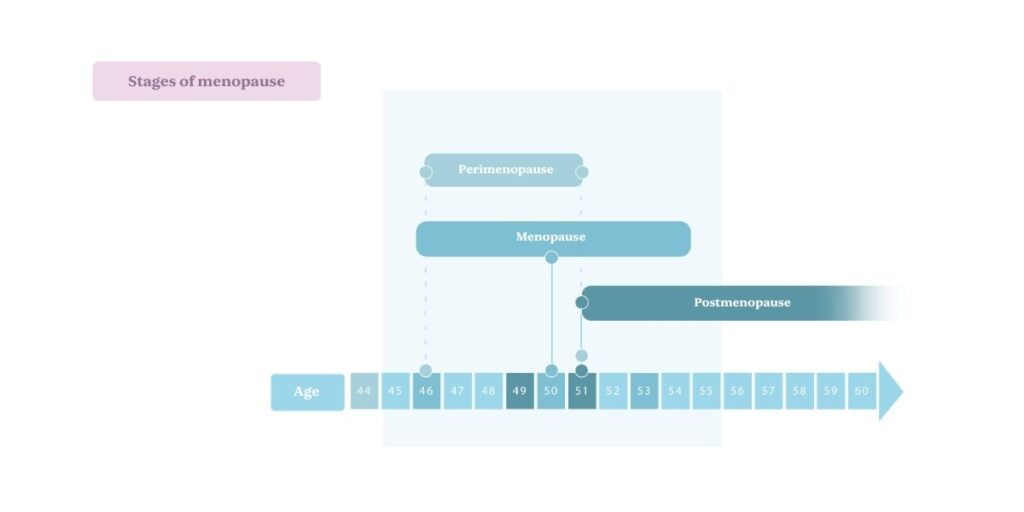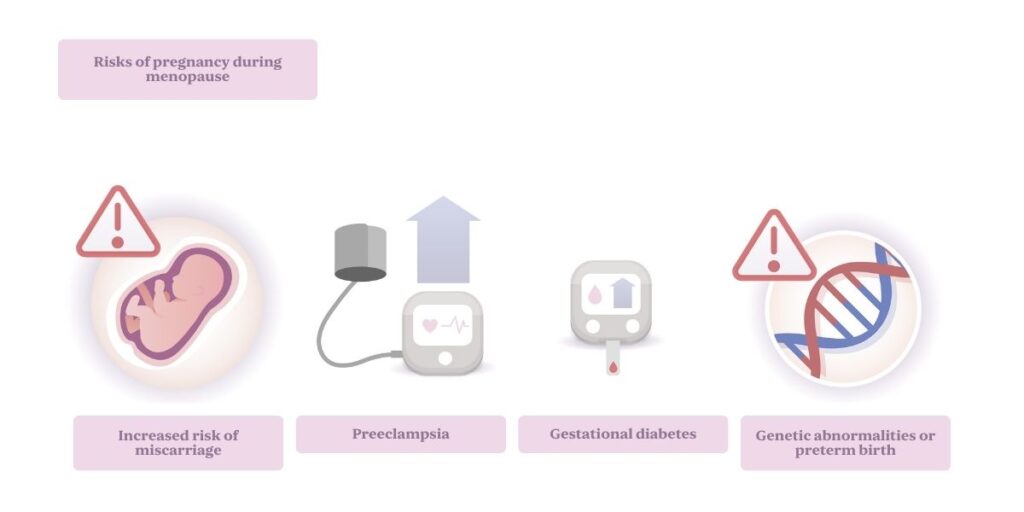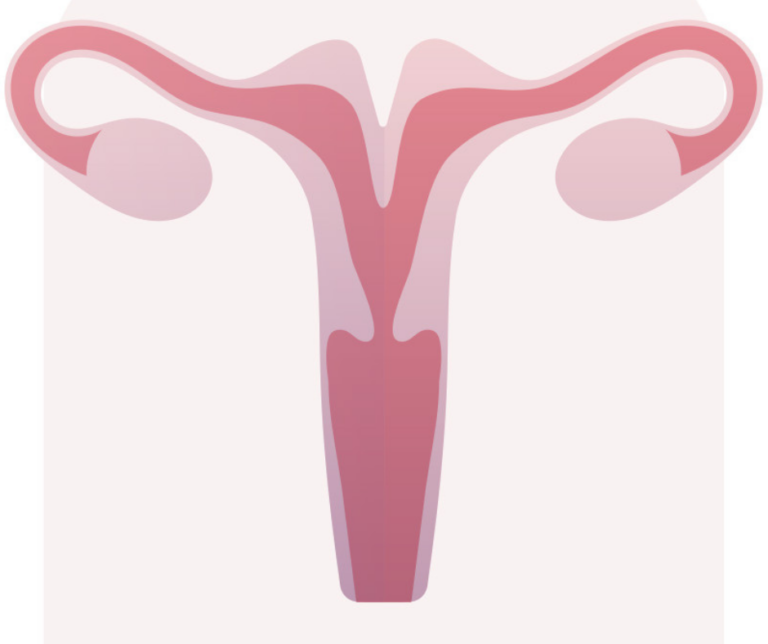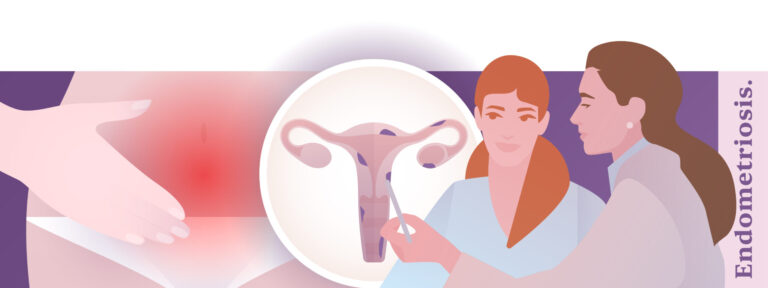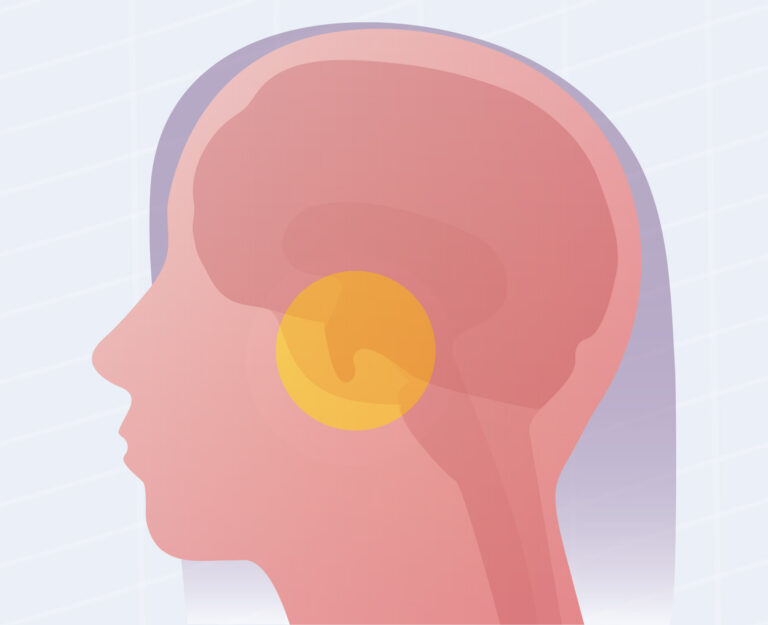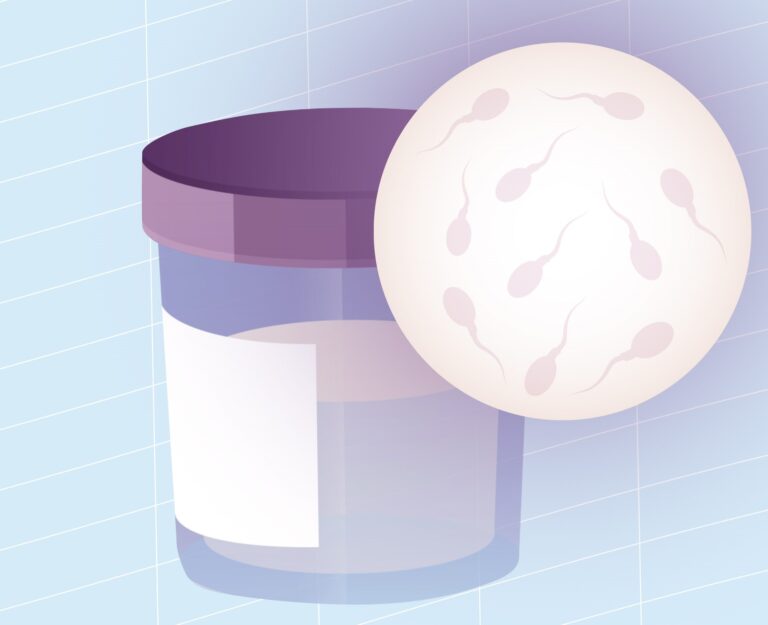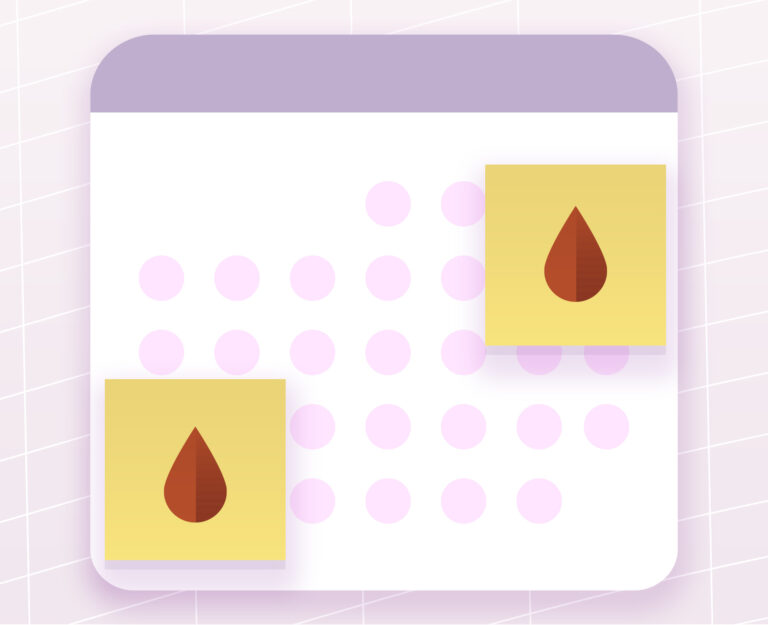
Table of Contents
ToggleMost women are familiar with the concept of menopause and know when it occurs—and yes, most of us dread its symptoms.
But wasn’t it enough to deal with menstrual discomfort throughout our entire fertile lives, only to finish off with hot flashes and a long list of menopausal symptoms?
Unfortunately, there’s no way to escape it. While this topic is vast, today we want to focus on something women ask us every day:
Is pregnancy during menopause possible?
What is menopause?
First of all, it’s important to understand that menopause is a natural stage in a woman’s life that marks the end of her reproductive ability.
It is defined as the permanent absence of menstruation for 12 consecutive months.
This is due to the natural decline in reproductive hormones, particularly estrogen and progesterone.
This process usually occurs between the ages of 45 and 55, although it can vary from woman to woman.
What many don’t know is that menopause occurs in different phases.
Understanding these phases is essential to answering the key question about pregnancy during menopause.
Phases of menopause
Perimenopause
Perimenopause is known as the transition to menopause. This phase can last for several years and is characterized by significant hormonal fluctuations.
Common symptoms include irregular menstrual cycles, hot flashes, night sweats, mood swings, anxiety, vaginal dryness, decreased libido, and insomnia.
Menopause
Menopause is officially defined as the permanent cessation of menstruation for 12 consecutive months and marks the end of a woman’s reproductive stage.
Unsurprisingly, this phase is not much easier than perimenopause. On top of previous symptoms, women often experience weight gain, joint and muscle pain, and changes in skin and hair.
Postmenopause
Postmenopause is the stage that follows menopause and lasts for the rest of a woman’s life.
Symptoms may persist but tend to lessen over time. However, reduced estrogen levels can have long-term health implications.
Is pregnancy during menopause possible?
Now, if we’re saying that menopause ends a woman’s fertility, it would seem logical to assume that pregnancy is nearly impossible, right?
The truth is that during perimenopause, women may still experience irregular menstrual cycles. This means that although the chances of becoming pregnant are low,
it is not impossible since the ovaries may still release eggs. However, it’s important to remember that egg quality declines with age.
In fact, according to experts, during perimenopause, the pregnancy rate is around 2%.
So, if you are in this stage and trying to conceive, fertility treatments may be your best option.
Thanks to advances in assisted reproduction, it is now possible to increase the chances of pregnancy during perimenopause
through treatments such as in vitro fertilisation (IVF) using donor eggs.
What are the risks of pregnancy during menopause?
Although fertility treatments can increase the chances of pregnancy during perimenopause, it’s important not to overlook the fact that
a pregnancy after age 40
carries higher risks for both mother and baby. These risks include miscarriage, preeclampsia, gestational diabetes, genetic abnormalities, and premature birth.
That said, pregnancy during perimenopause does not necessarily mean these complications will occur.
Many women give birth to healthy babies at this age. However, it’s important to prepare and care for your body to be in the best possible condition to welcome your baby.



